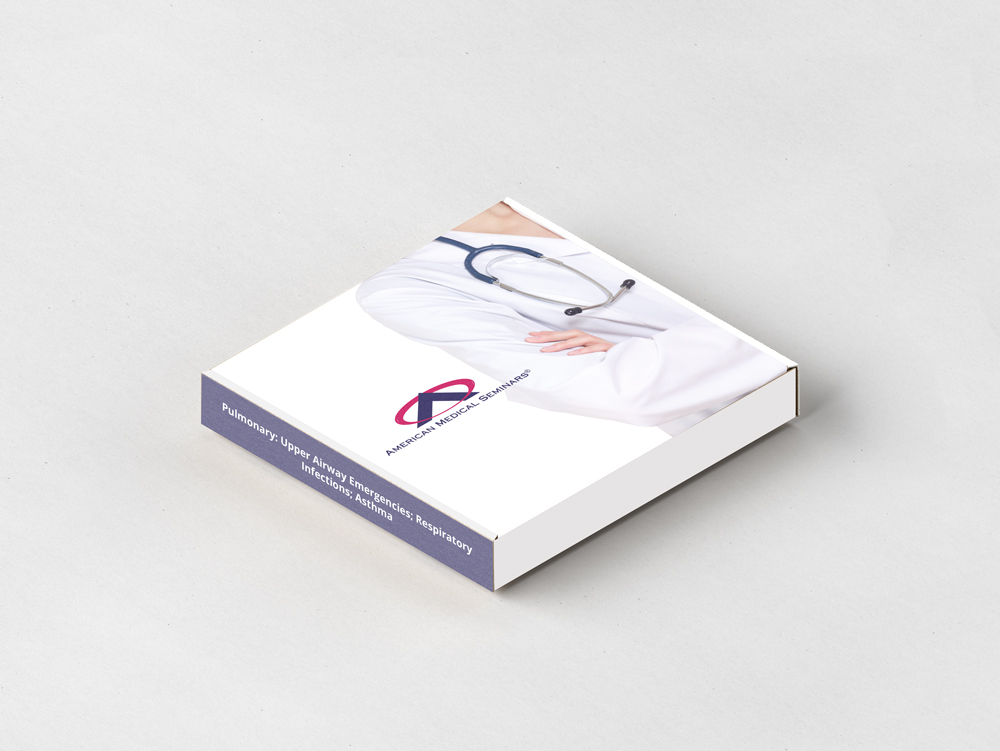Product Description
Title: Pediatrics – Pulmonary: Upper Airway Emergencies; Respiratory Infections; Asthma
Faculty: Robert A. Belfer, M.D., Michael J. Muszynski, M.D., F.A.A.P., Richard J. Scarfone, M.D., F.A.A.P.
Original Release Date: July 1, 2019 Expiration Date: July 1, 2022
TOPIC 1: Upper Airway Emergencies in the Pediatric Patient.
Upon completion of this session, using national Evidence Based Medicine sources including Cochrane Collaboration and published guidelines from sources including the American Academy of Pediatrics, the participant should be able to: EBM, GL, COMP
- Recommend medication therapy for selected upper airway emergencies.
- Interpret the most recent evidence-based literature in the approach to the child with croup.
- Distinguish and discriminate among the varied presentations of pediatric stridor.
TOPIC 2: Pediatric Lower Respiratory Infections.
Upon completion of this session, using the evidence-based guidelines from EBM publications, the participant should be able to: EBM, GL, COMP
- Integrate the association of age, seasonal, clinical presentation, and chest x-ray findings with the etiology of pediatric pneumonia.
- Develop a diagnostic approach to infants and children suspected to have pneumonia and discuss the treatment options and the implications of emerging bacterial resistance.
- Apply the American Academy of Pediatrics Guidelines to the child with bronchiolitis.
TOPIC 3: Management of Acute Asthma.
Upon completion of this session, using evidence-based guidelines, the participant should be able to: EBM, GL, COMP
- Apply evidence from the Cochrane Database to make decisions about utilizing either nebulizers or metered-dose inhalers with spacers to deliver beta2-agonists to appropriate candidates.
- Summarize the evidence supporting the use of ipratropium bromide and corticosteroids for moderately ill asthmatic children.
- Develop an organized approach to the initial management of children with severe asthma.
- The receipt for any incentive-associated purchase will designate the value of the gift card separately from the cost of the learning activity.
- This incentive may have implications on your tax reporting obligations. Any reimbursed amount must be declared as personal income for tax purposes.


